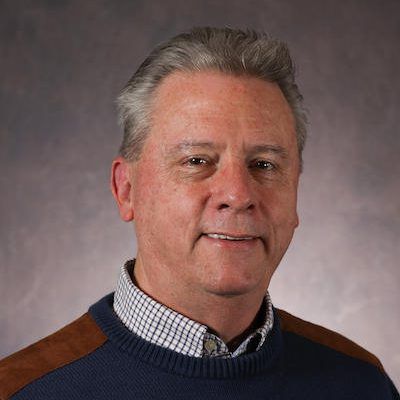June 6, 2024. For some, just another day. But for those of us with a direct connection to the Greatest Generation, it’s a day of remembrance and reflection.
Eighty years ago this morning, a 20-year-old Bill Maples went ashore on D-Day. As a medic.
Just sit with that for a minute. Twenty years old, from rural Missouri. A medic, on that hellish beach. Trying to treat and save men all around him.
He went on to fight in the Battle of the Bulge, and into Germany. Then, because he was a medic, he was one of the ones who liberated the death camps.
He rarely talked about the war. Occasionally, he would share a single incident. Some were humorous; some were horrible.
::
He was a first sergeant, and his unit was stuck in the hedgerows in France. They hadn’t moved in days, and the Germans two hedgerows over hadn’t moved either. His lieutenant, fresh to the front, was frustrated at the static situation, and suddenly decided to change the dynamics.
The lieutenant climbed to the top of the hedgerow they were behind, and yelled “Fix bayonets!” Up and down the line, the soldiers looked at him like he was nuts. He yelled it again: “Fix bayonets!” And, crazy or not, it was an order, so everyone with a bayonet — which they had just been using to open ration cans and such — attached them to their rifle.
Then the lieutenant yelled “Charge!” and took off running across the field. After a second, the rest of the unit followed suit, yelling and waving their rifles with the bayonets.
My father said he was sure they were all going to be cut down by machine gun fire. But when they climbed to the top of the hedgerow where the Germans had been, they saw the Germans running the other way.
::
During the Bulge, my father’s unit was forced to retreat. The unit had stored a large amount of supplies and ammo in an abandoned school, and had to leave it all as they pulled back in a hurry. My father and his best friend were told to stay and guard the school to prevent looters – but if they saw German forces headed their way, they were to take the remaining jeep and get out of there. Then, the rest of the unit left.
As my father and his friend were guarding the school, up the road came a convoy of U.S. jeeps. They stopped at the school, and the leader of the convoy got out to see what these two soldiers were doing there, all by themselves. It turned out to be Will Rogers Jr., the son of the famous humorist. When Rogers learned why the men had been left behind, he cursed at the order, then said, “Get in that jeep and get out of here. There are Germans coming this way.” Then Rogers and the convoy took off in the direction of the incoming German forces.
My father and his friend got in the jeep and sped away from the school. Unfortunately, a German jeep had seen them, and gave chase. My father was driving, and his friend stood up to fire back at the Germans. When he did, the German in the back of the jeep cut him down with the machine gun mounted in their jeep. My father couldn’t stop, but kept driving, trying to get away, with his best friend dead beside him in the jeep.
::
One Christmas, we were all gathered at my parents’ home, when after dinner my father announced “I want all the men to join me in the den.” My mother gave him one of those what-do-you-think-you’re-doing looks, but my father ignored it and joined us in the den.
Once he had shut the door, he pulled out a cigar box that I had never seen before. It was his WWII box. In it were his dog tags, some medals, a diary he kept at boot camp. And some pictures.
They were Polaroids, those black-and-white pictures you took that came out of the camera and self-developed in a few minutes. He started dealing them like cards on the table, and we could only look on, speechless. Because they were pictures from when he liberated the death camp.
Such horrible pictures. Such atrocities. Piles of bodies. Prisoners still hanging from the gallows. Emaciated survivors.
He said, “I wanted all of you to see these, to see what I saw, to know it was real and actually happened.”
Then he went into the back yard and burned all the pictures.
::
After the war, he was at loose ends for a few years. Eventually, he made his way to the University of Missouri, majored in journalism. Went to work, got married, had three kids. And never talked about the war.
Looking back, I’m convinced he had PTSD. He had nightmares about it for years, even decades. But, so did lots of other soldiers, so he just put it aside and kept going.
I cannot imagine, cannot fathom what he went through. What they all went through. All I can do is remember, and quietly say Thank you.
Thank you for wading through the water onto that beach of hell. Thank you for saving lives around you through your care. Thank you for slogging across France, and liberating a death camp, and somehow still coming out a decent, caring human being.
And I know you would scoff at this, and pooh-pooh the thought, but I’ll say it anyway:
Thank you for saving democracy.
::
As I reflect on this 80-year anniversary, and all that my father and so many sacrificed for all of us, I hope all of us both give thanks for their service and the saving of democracy, and renew our own pledge to do the same.
--30--








